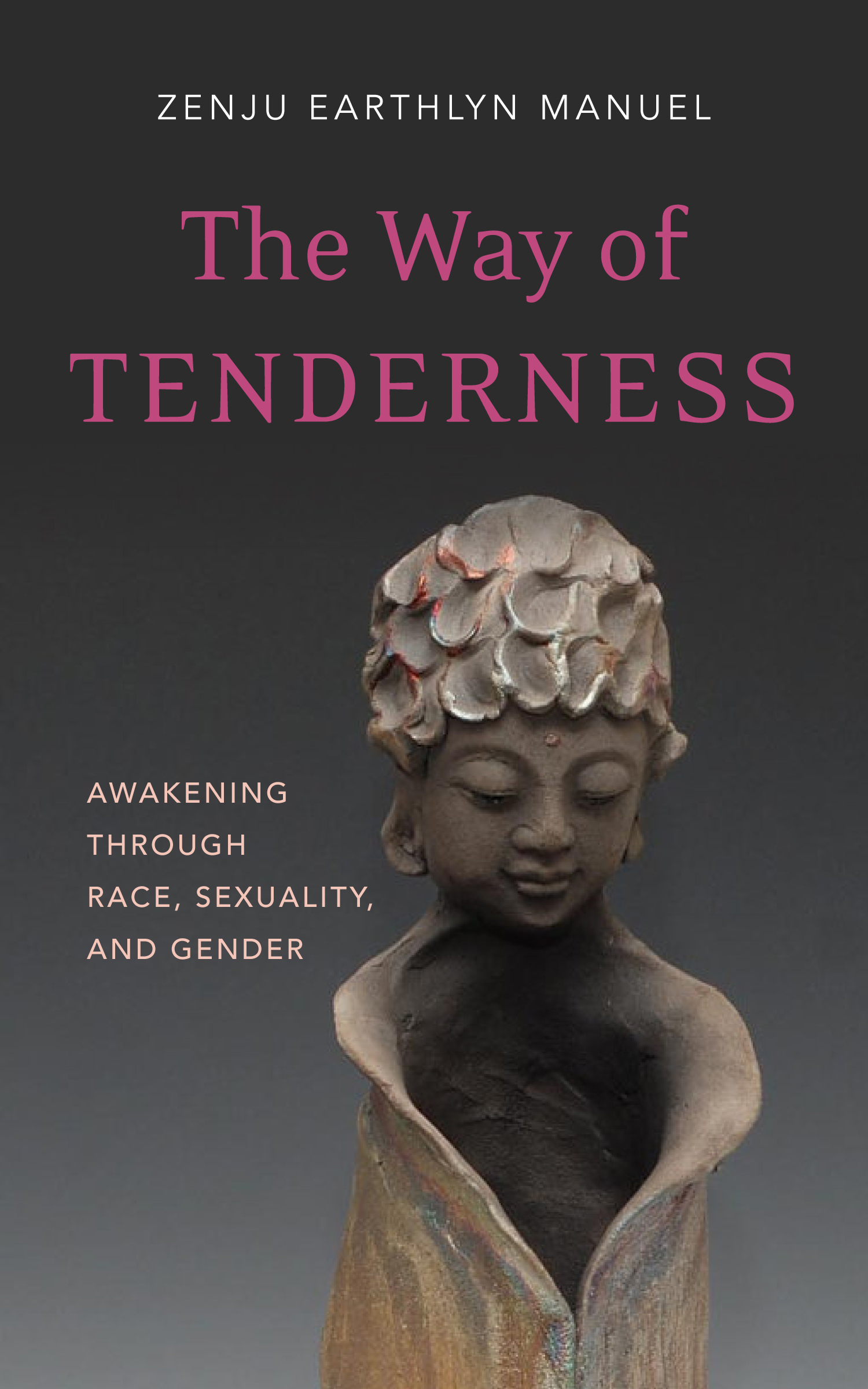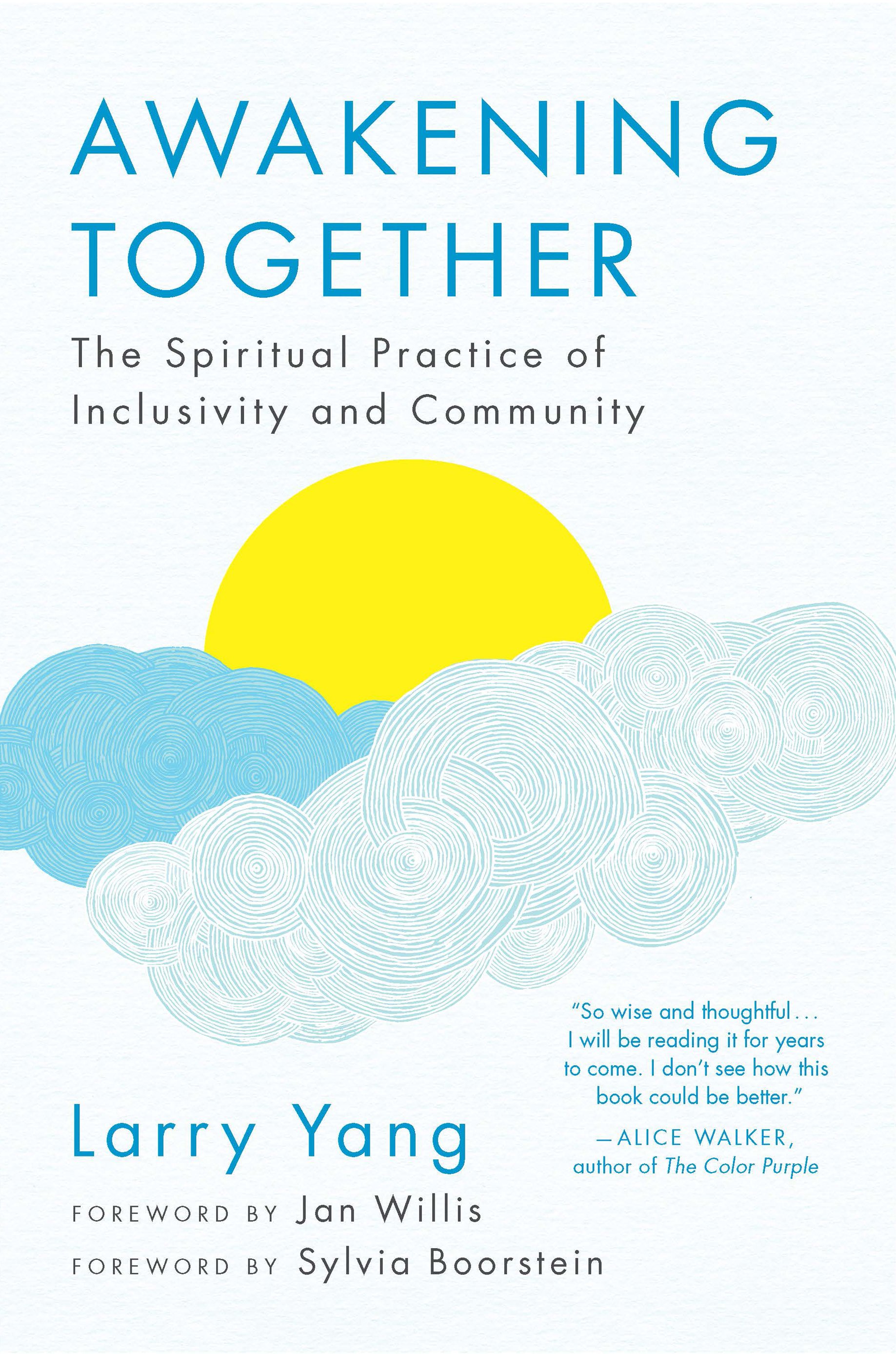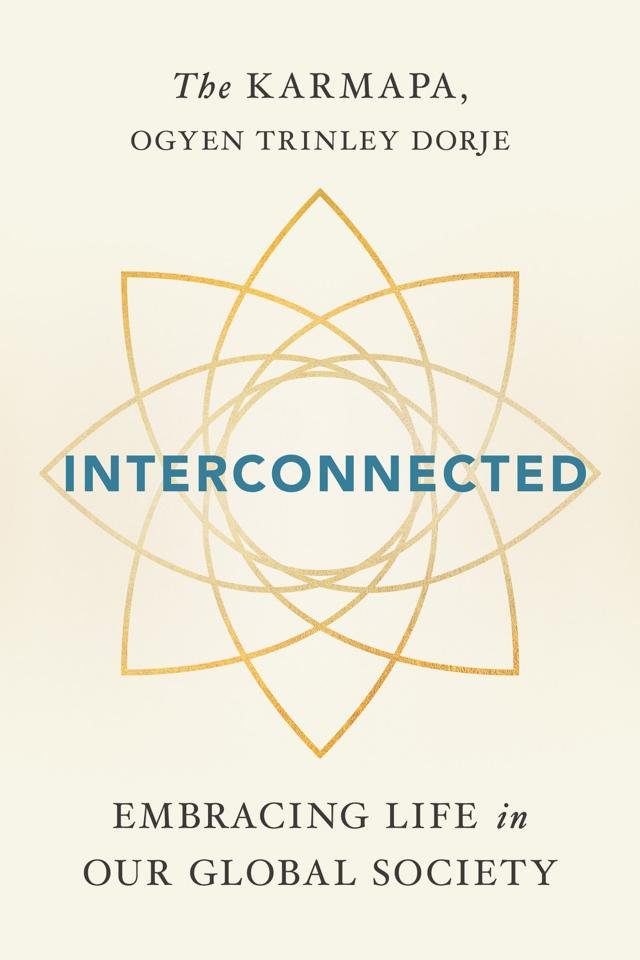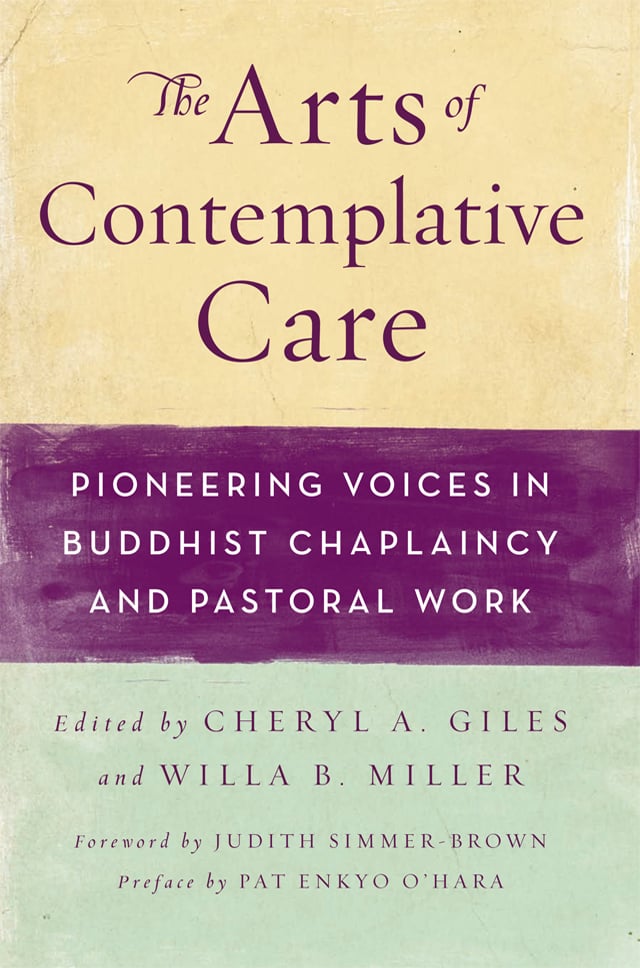
WISDOM RECOMMENDS
Voices of Wisdom on Buddhism & Race
In recognition of the extraordinary movement for racial equity and justice happening around the United States and the world, the Wisdom staff wanted to recommend authors who have been working tremendously hard, for many years, to raise awareness and understanding around issues of Buddhism and race. We proudly support them, amplify their voices, and share their incredible work here to hopefully offer you some encouragement and insight through their words.
Dreaming Me and Dharma Matters by Jan Willis
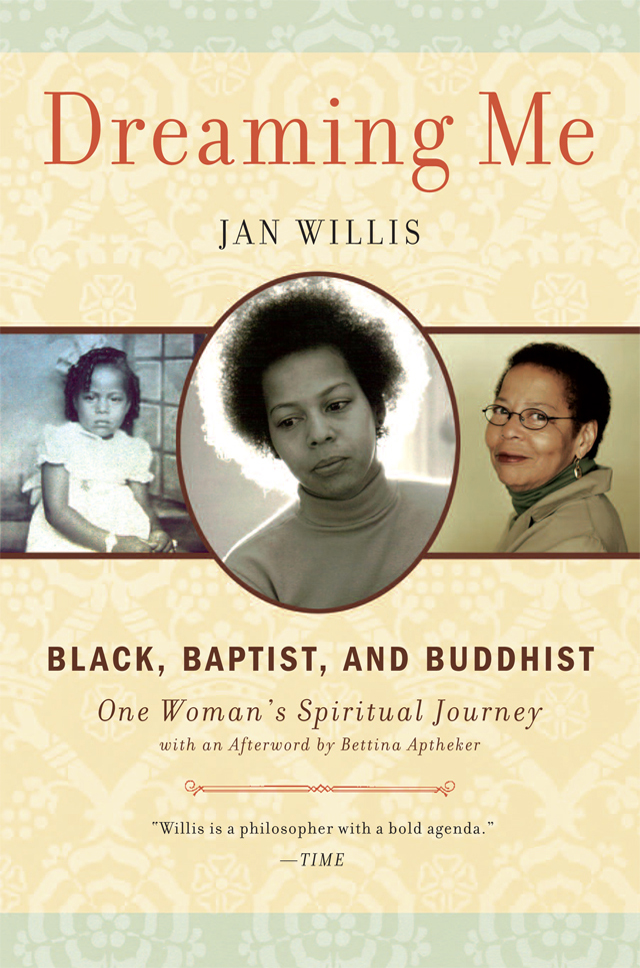 Dreaming Me: Black, Baptist, and Buddhist
Dreaming Me: Black, Baptist, and Buddhist
Jan Willis is not Baptist or Buddhist. She is simply both. Dreaming Me is the story of her life, as a child growing up in the Jim Crow South, dealing with racism in an Ivy League college, and becoming involved with the Black Panther Party. But it wasn’t until meeting Lama Yeshe, a Tibetan Buddhist monk living in the mountains of Nepal, that she realized who the real Jan Willis was, and how to make the most of the life she was living. Click here to learn more.
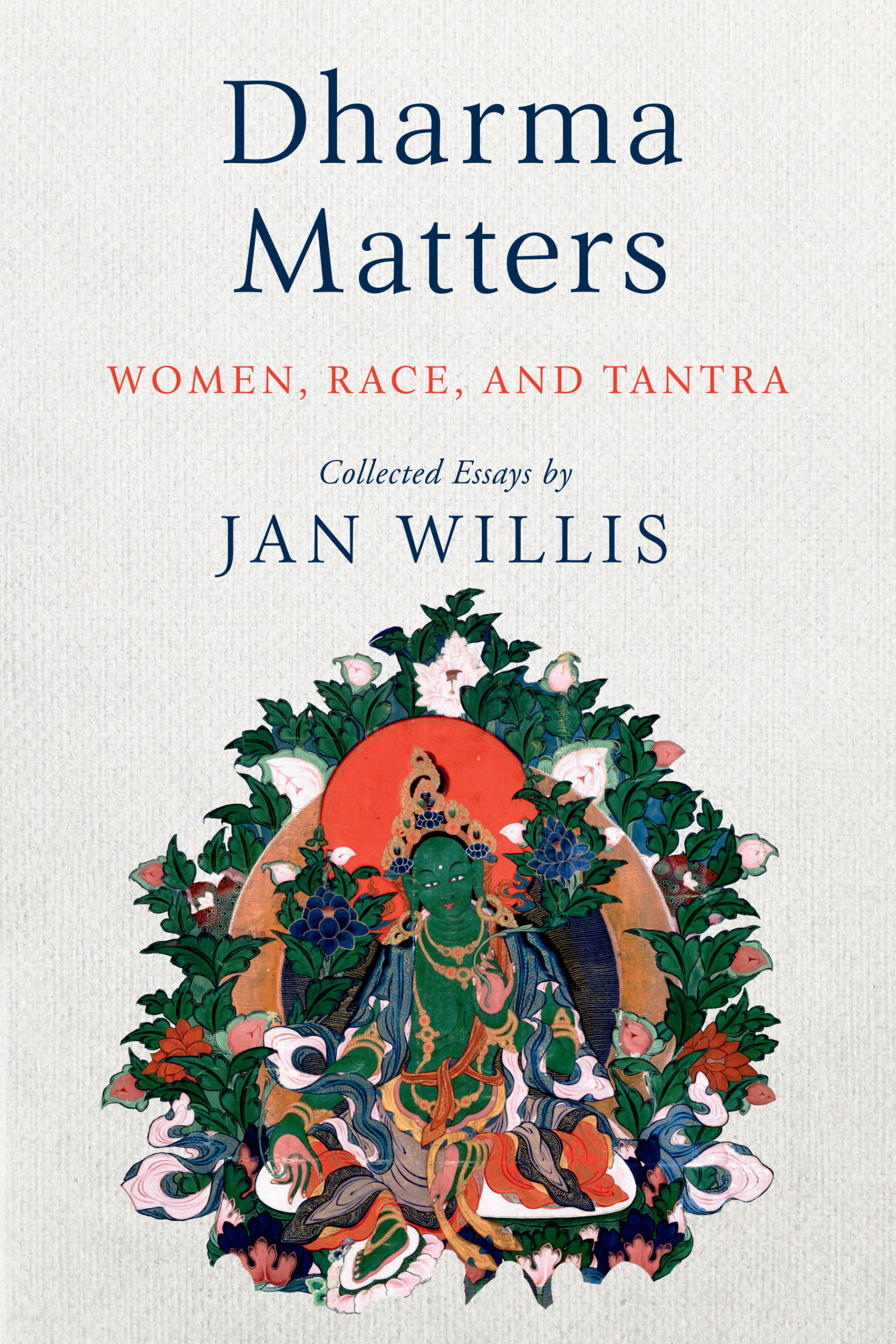 Dharma Matters: Women, Race, and Tantra
Dharma Matters: Women, Race, and Tantra
Jan Willis was among the first Westerners to encounter exiled Tibetan teachers abroad in the late sixties, instantly finding her spiritual and academic home. TIME Magazine named her one of six “spiritual innovators for the new millennium,” both for her considerable academic accomplishments and for her cultural relevance. Her writing engages head-on with issues current to Buddhist practitioners in America, including dual-faith practitioners and those from marginalized groups.
This collection of eighteen scholarly and popular essays spans a lifetime of reflection and teaching by Willis. Grouped in four sections—Women and Buddhism, Buddhism and Race, Tantric Buddhism and Saints’ Lives, and Buddhist-Christian Reflections—the essays provide timeless wisdom for all who are interested in contemporary Buddhism and its interface with ancient tradition.
Click here to learn more.
The Way of Tenderness and Sanctuary by Zenju Earthlyn Manuel
The Way of Tenderness: Awakening through Race, Sexuality, and Gender
In The Way of Tenderness, Zen priest Zenju Earthlyn Manuel brings Buddhist philosophies of emptiness and appearance to bear on race, sexuality, and gender, using wisdom forged through personal experience and practice to rethink problems of identity and privilege. Manuel brings her own experiences as a lesbian black woman into conversation with Buddhism to square our ultimately empty nature with superficial perspectives of everyday life. Her hard-won insights reveal that dry wisdom alone is not sufficient to heal the wounds of the marginalized; an effective practice must embrace the tenderness found where conventional reality and emptiness intersect. Only warmth and compassion can cure hatred and heal the damage it wreaks within us. This is a book that will teach us all.
Click here to learn more.
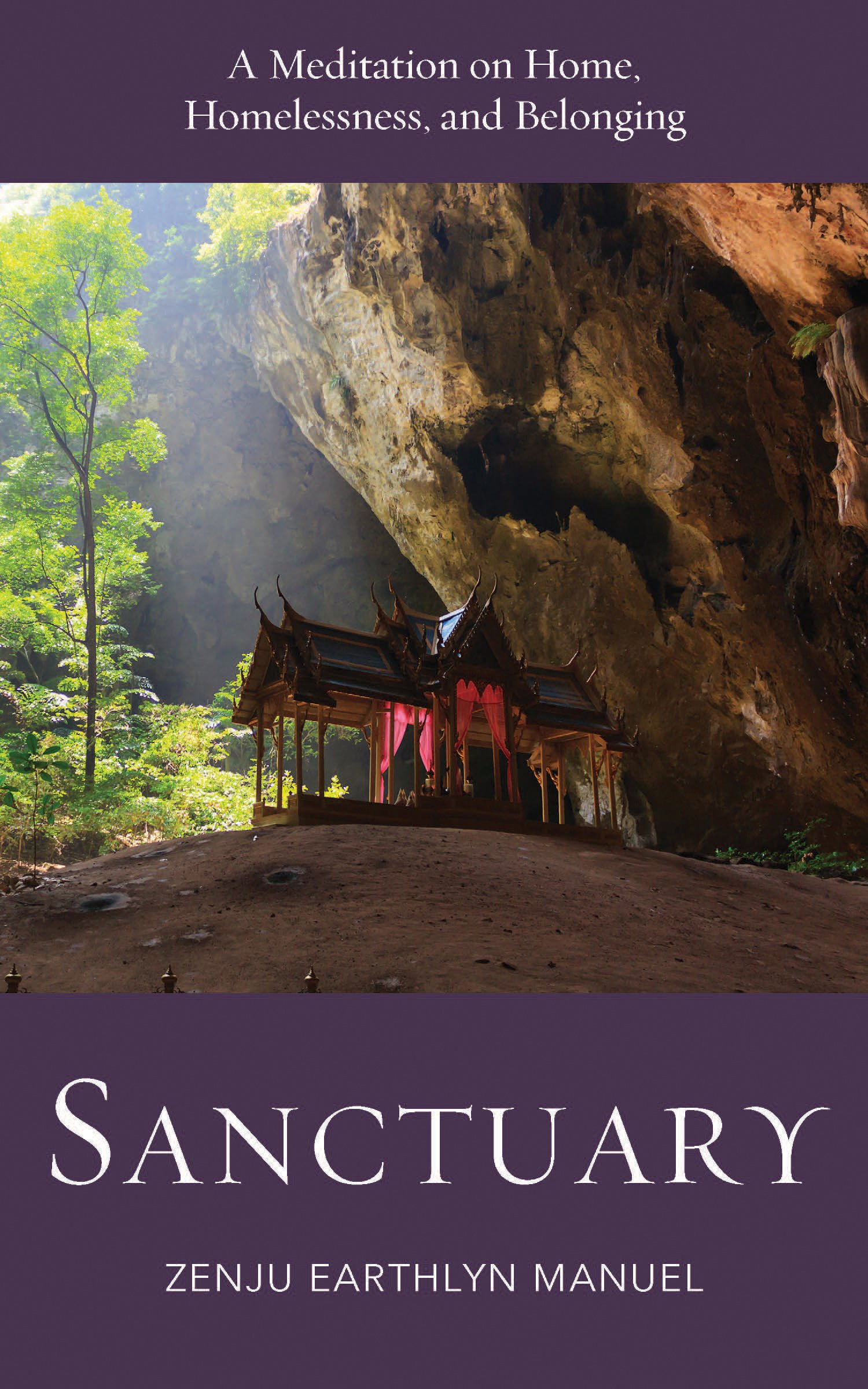
Sanctuary: A Meditation on Home, Homelessness, and Belonging
This book examines the interface between inner and outer sanctuary, and the ways they affect one another.
“Sanctuary” is the home we can return to when our lives are under threat, where we can face what’s difficult to love, and have a place where we can truly say, “I am home”—and spiritual teachers often emphasize sanctuary’s inner dimensions, that “our true home” is within. “Homelessness,” in turn, can be viewed as a forced experience or one in which there is a spiritual void in being or feeling home.
Drawing from her life as a Zen Buddhist priest whose ancestors labored as slaves in Louisiana, Zenju Earthlyn Manuel explores the tension between oppression—based on race, religion, ability, class, orientation, gender, and other “ghosts of slavery”—and finding home within our own hearts. Through intimate personal stories and deep reflection, Manuel helps us see the moment when the unacknowledged surfaces as “the time we have been practicing for,” the epiphany when we can investigate the true source of what has been troubling us. This insightful book about home and homelessness, sanctuary and refuge offers inspiration, encouragement, and a clear-eyed view of cultivating a spiritual path in challenging times.
Click here to learn more.
Awakening Together by Larry Yang
How can we connect our personal spiritual journeys with the larger course of our shared human experience? How do we compassionately and wisely navigate belonging and exclusion in our own hearts? And how can we embrace diverse identities and experiences within our spiritual communities, building sanghas that make good on the promise of liberation for everyone?
If you aren’t sure how to start this work, Awakening Together is for you. If you’ve begun but aren’t sure what the next steps are, this book is for you. If you’re already engaged in this work, this book will remind you none of us do this work alone. Whether you find yourself at the center or at the margins of your community, whether you’re a community member or a community leader, this book is for you.
Click here to learn more.
Chapter 4: Equality and Diversity from Interconnected by H. H. the Karmapa
We have always been, and will always be, interconnected—through family, community, and shared humanity. As our planet changes and our world grows smaller, it is vital we not only recognize our connections to one another and to the earth but also begin actively working together as interdependent individuals to create a truly global society.
The Karmapa, Ogyen Trinley Dorje, is uniquely positioned to guide us in this process. Drawing on years of intensive Buddhist training and a passionate commitment to social issues, he teaches how we can move from a merely intellectual understanding to a fully lived experience of connection. By first seeing, then feeling, and finally living these connections, we can become more effective agents of social and ethical change.
The Karmapa shows us how gaining emotional awareness of our connectedness can fundamentally reshape the human race. He then guides us to action, showing step by step how we can change the way we use the earth’s resources and can continue to better our society. In clear language, the Karmapa draws connections between such seemingly far-flung issues as consumer culture, loneliness, animal protection, and self-reliance. In the process, he helps us move beyond theory to practical and positive social and ethical change.
Click here to learn more.
Excerpts by Cheryl Giles and Rebecca O. Johnson from The Arts of Contemplative Care
We recommend the chapters “Beyond the Color Line: Cultivating Fearlessness in Contemplative Care” by Cheryl Giles and “Buddha, Dharma, and Community Ministry in the City” by Rebecca O. Johnson.
“Metta and karuna are powerful practices when realized in our lives and through us in the lives of our communities. I believe they, along with mindfulness practice, are a powerful source for individual and cultural healing.”
—Rebecca O. Johnson
“The denial of racism is a major obstacle to cultivating compassion and reinforces our conditioned state of fear. It is an enormous psychological and spiritual burden to live a distracted life, caught up in our thoughts and feelings. By not choosing to see and acknowledge what we experience, we are choosing to live with blinders in a cozy conditioned state of ignorance.”
—Cheryl Giles
Click here to learn more.


